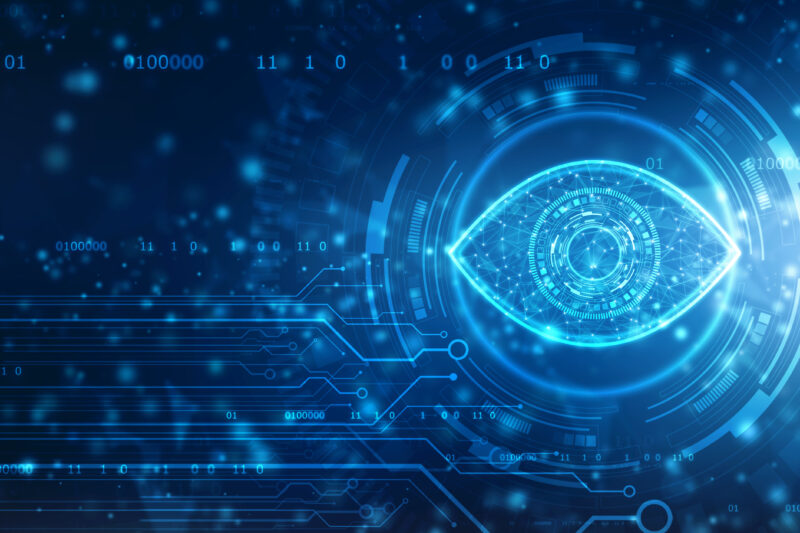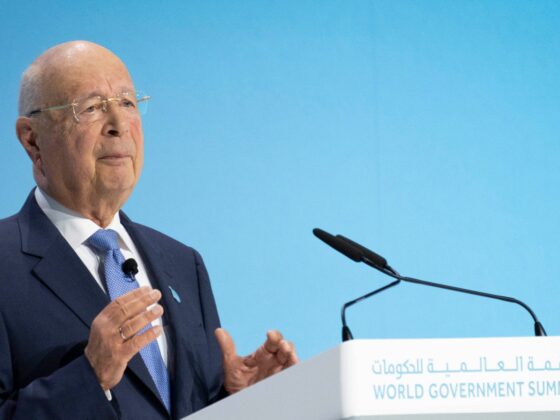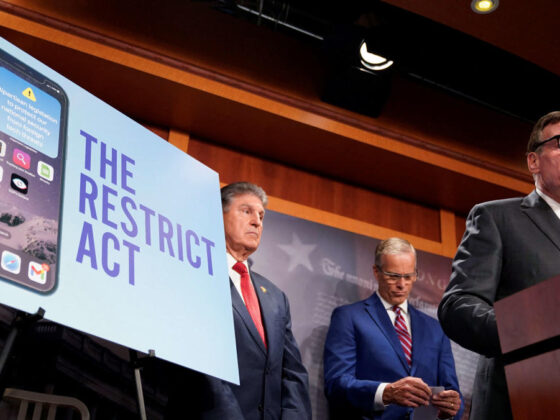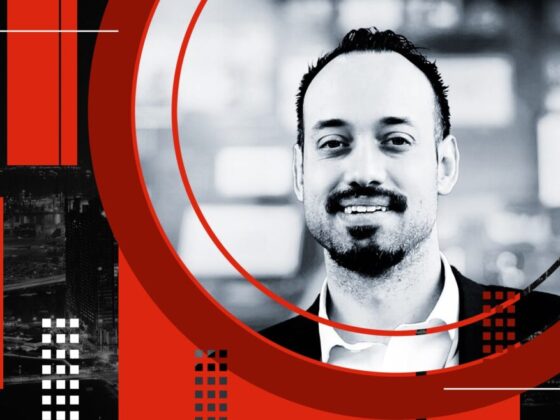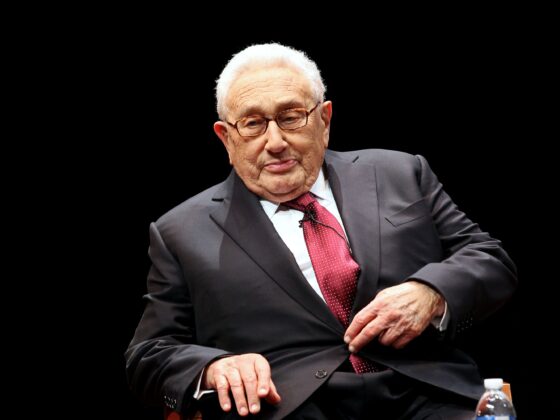Over the span of at least a decade and a half, I have noticed a pattern amongst American Presidents and other world leaders abroad. Many of them have a sort of blindspot when it comes to real and present dangers and the inherent hostile nature of mass surveillance or generalized surveillance. This runs into a sort of dead zone for empathy when it comes to the public’s need for basic privacy conventions.
While there are many reasons for this lack of empathy, the primary sense is many world leaders do not enjoy personal privacy or any privacy in their day-to-day activities. So they lose the natural touch with practical privacy as necessary to lead a normal healthy life. So, why are they not enjoying privacy, when they could afford it in the context of powers they have?
Fame is an unusual human condition. It is an unusual feature, typically applied to people most remarkable, accomplished, beautiful, talented or in some cases, infamous for despicable character. They may talk themselves out of the need for privacy in many cases to prepare themselves for the many onslaughts of mass exposure to large numbers of people in a single setting. Some people triple down when their boundaries are attacked with say TMZ surveillance intrusion.
This explains why many very rich and powerful people are respected for their ability to enforce privacy, as means of self defense against extortion, defamation and reputational harm. That sometimes includes counter-surveillance as means to discover hostiles; which can get out of hand. As a paranoid brand of narcissism emerges, many of them would indulge in predatory surveillance of their opponents and as a simple power trip. This is why we have privacy laws. We have to protect the less resourceful from those who would overpower them with technical and clandestine brands of surveillance; which can lead to theft, assault and overt harassment.
Sometimes this psychological distortion leads to a loss of sense toward what is actually threatening. Loss of esteem, power, influence and the attention of other people to leaders is more threatening than any form of active intelligence gathering or espionage. It is covert attention taken as granted. When in fact, active espionage, deception and covert surveillance is an act of direct aggression and hostility in every culture around the world. In this dead-numb sense, a hostile surveillance intrusion isn’t treated as hostile. That really is dangerous. Especially, if they don’t mind when other nations are treating their charges with hostility, their lands with hostility and the hostile acting nation has been caught in the act, minimizing what they have done.
THE CULTURAL DEAD ZONE TO SURVEILLANCE HOSTILITIES ONLINE
Many people online will rationalize out of any normal desire for privacy in exchange for the routine use of online platforms, like Facebook. There is a dual threat. The first is a cultivated narcissism, an addictive voracious appetite for incoming attention – of any kind. The second is the type of predator who seeks out the voyeuristic exchange, to capitalize upon the exchange.
This corporate cult-styled grooming of online platform users leads to a mass deadening of empathy for what others feel and experience about privacy and outgoing information limiting boundaries. The platforms need this in order to manufacture perfect useful idiots for psychological operations or paid government influence campaigns. The users are then essentially ‘rented’ as amplifiers for “causes” and “audiences” to political firms, other media and advertisers. The truth of a thing and how threatening it actually is becomes less important than the attraction of “likes” and online public approval. The one with the most head-pats, the algorithm will send more. The hostility is cutting their narcissistic supply lines and the exchange rate of eyes on their content.
People indoctrinated by online psychology to deny natural boundaries in routine narcissistic-parasitic online exchanges, also lose natural curiosity over human threats we all tend to face. This includes obvious hostile intrusions from active espionage. Over time they don’t see surveillance campaigns as hostile at all. They see an overreaction to “non-criminal happenings”; when in fact international treaties are being violated and precursors to war are apparent to basic defense professionals.
Think of it as the broadened worldview of frequently rich, narcissistic technocrats and the dysfunctional ecosystem they build around them. Don’t minimize it. Observe and respect that overt threats are still dangerous, despite the hazards of people who are dead-numb to the clear and present hostilities of personal surveillance.


